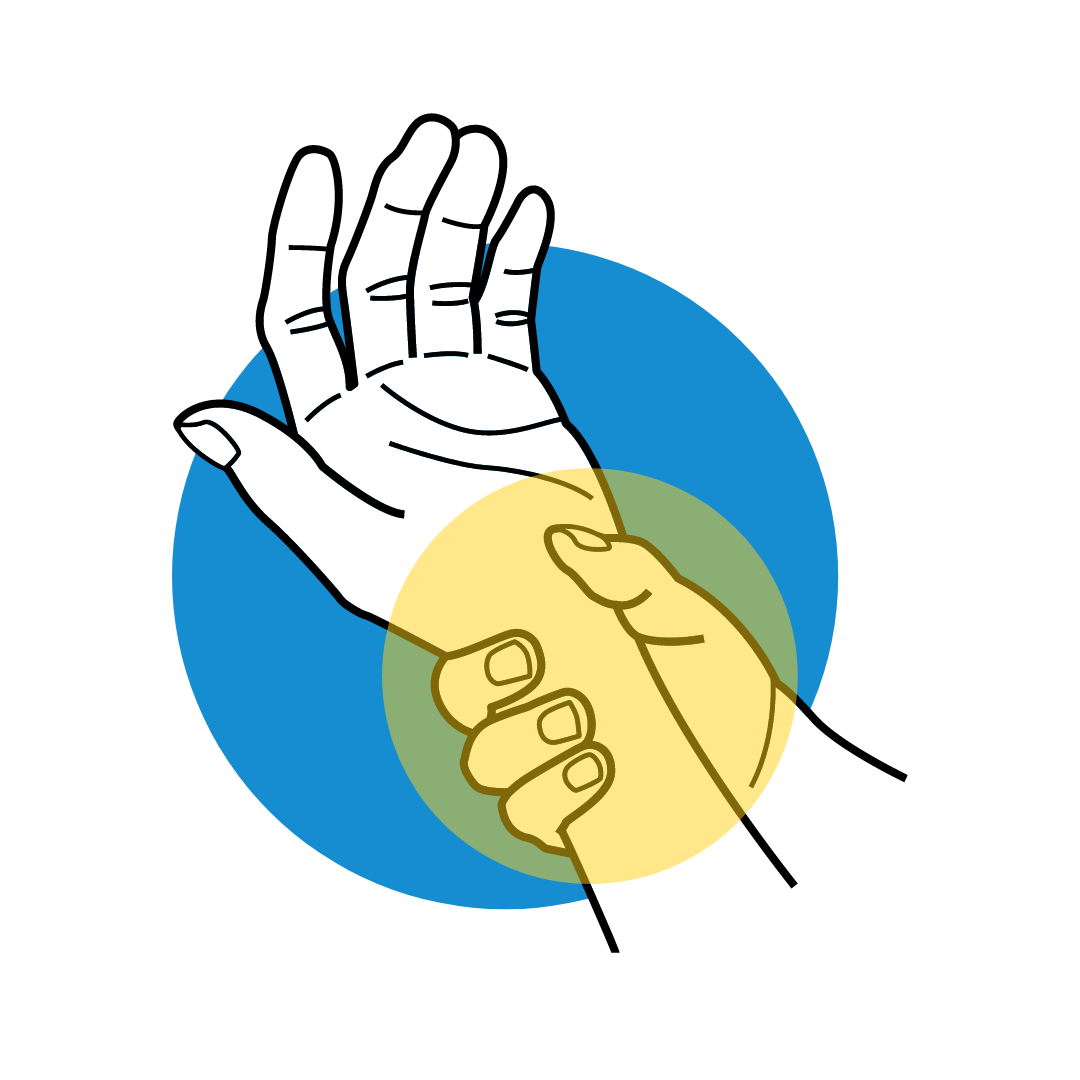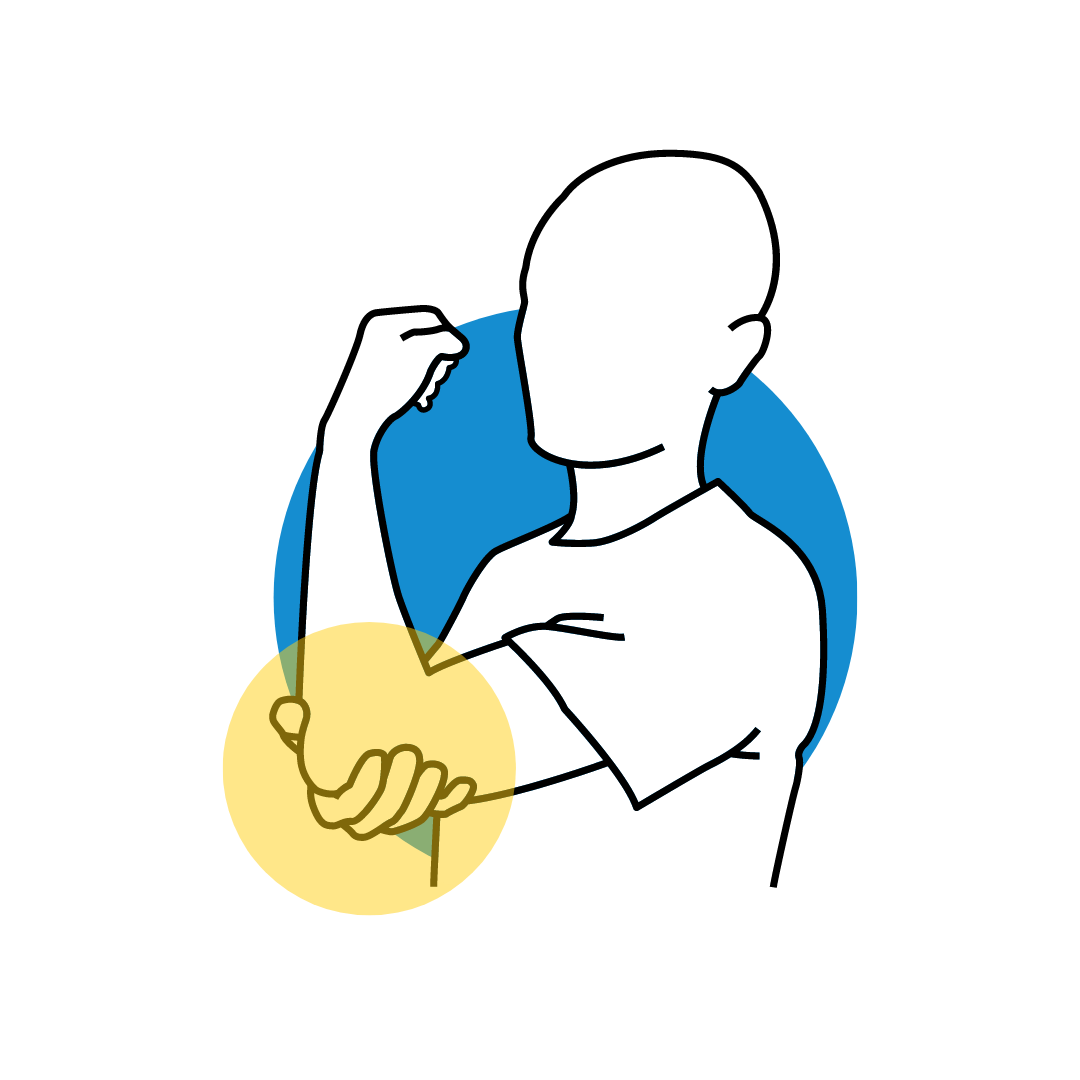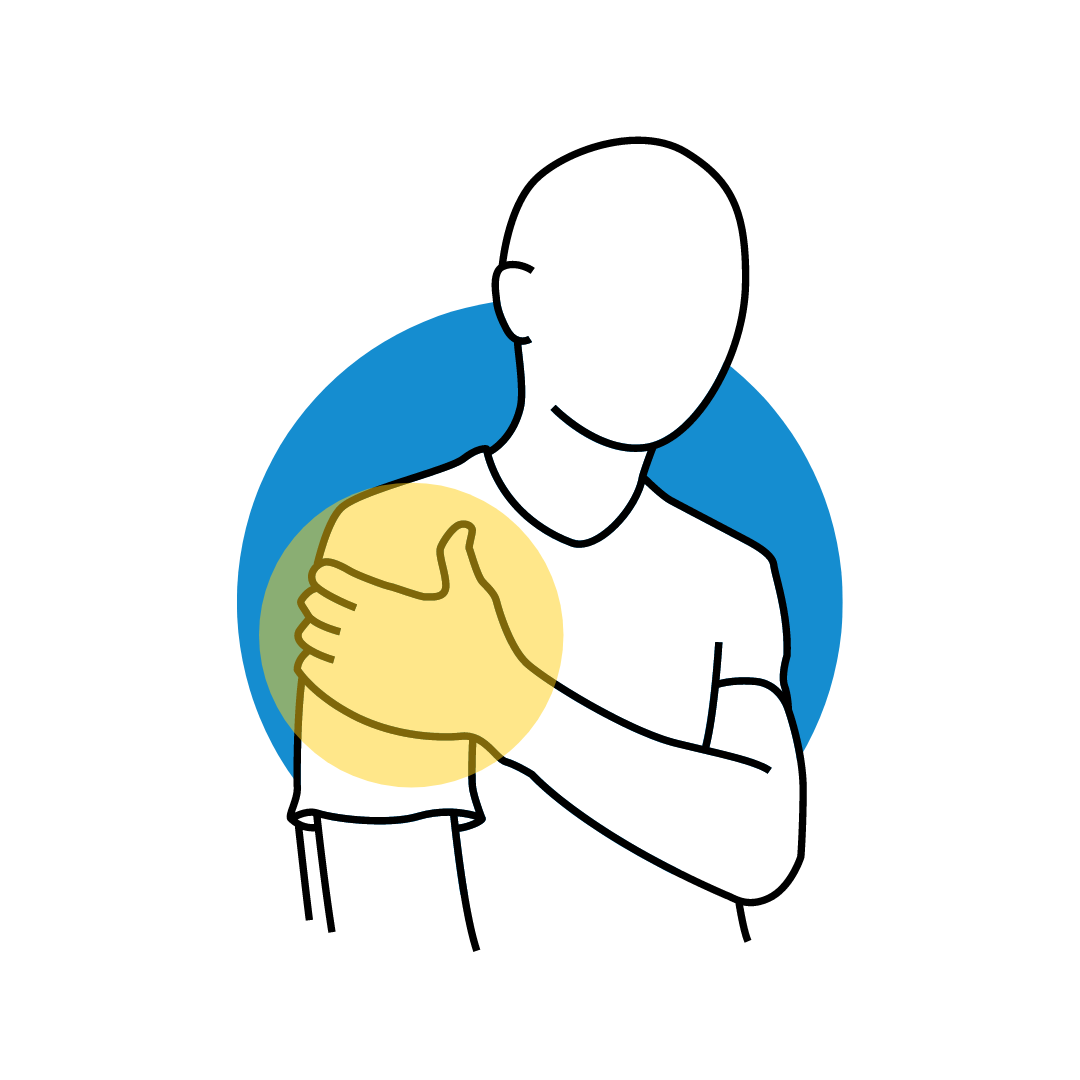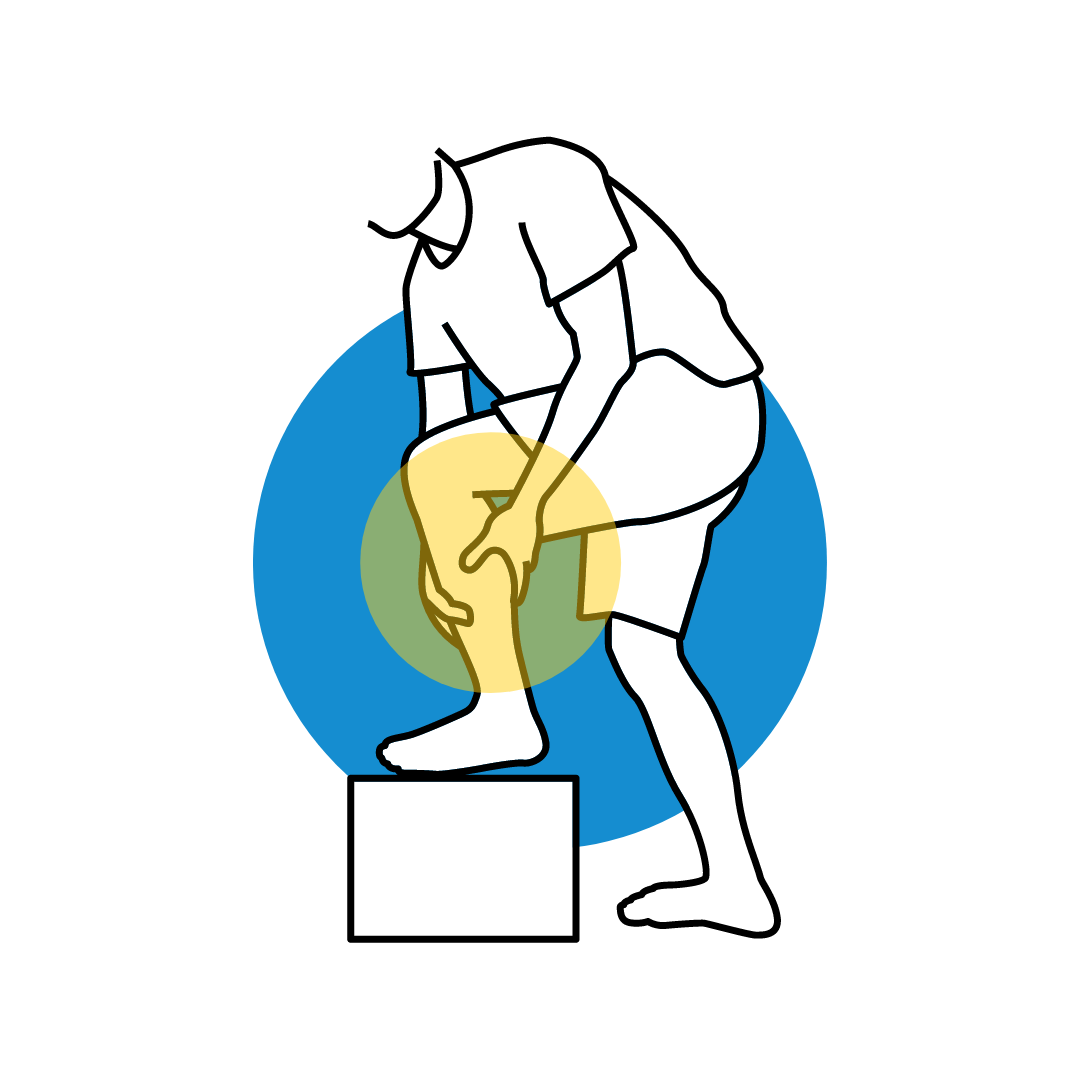Cubital tunnel syndrome, also known as ulnar nerve entrapment at the elbow, is a condition that affects one of the nerves that provides feeling and function to the hand. This nerve, known as the ulnar nerve, runs from the neck down into the hand. Cubital tunnel syndrome is characterized by numbness or tingling in the pinky and ring fingers.
At Mirza Orthopedics on Long Island, our doctors and specialists are leaders in providing cubital tunnel syndrome treatment and release surgery. Whether your condition can be treated with nonsurgical options or is more advanced and requires surgery, Dr. Justin Mirza will tailor a treatment plan for your needs.
For those patients requiring cubital tunnel release surgery, Mirza Orthopedics offers an endoscopic soft tissue release system, a proprietary treatment that Dr. Ather Mirza developed. The A.M. Endoscopic Cubital Tunnel Release System delivers more precision, control, and best of all, faster recovery times for patients. Learn more below, or book an appointment with our cubital tunnel syndrome doctors and specialists today using the form on this page.
What causes cubital tunnel syndrome?
Cubital tunnel syndrome is caused by compression or inflammation of the ulnar nerve where it passes through the cubital tunnel, which is located just inside of the elbow.
When the elbow is bent, the cubital tunnel can stretch and may irritate the ulnar nerve over time. Cubital tunnel syndrome can also develop as a result of a frequent bending of the elbow from lifting or reaching, as well as from direct pressure on the elbow over time.
You may be more likely to develop cubital tunnel syndrome if:
- You have experienced prior elbow injuries, such as fractures or dislocations
- You perform repetitive motions or activities that require the elbow to be bent for extended periods of time, such as leaning on the elbow, weightlifting or sleeping with a bent elbow
- You have arthritis in the elbow
- You have cysts near the elbow joint
What are the symptoms of cubital tunnel syndrome?
If you have cubital tunnel syndrome, you will likely experience:
- Pain along the inner side of the elbow
- Numbness and tingling in the hand
- Sensation that your pinky and/or ring finger have “fallen asleep”, this often occurs when the elbow is bent
- Difficulty with finger coordination or weakness
- Difficulty gripping things with your pinky and/or ring fingers
- Loss of muscle in the hand
What does treatment for cubital tunnel syndrome entail?
For some patients, the best treatment for cubital tunnel syndrome may involve conservative measures, such as:
- Resting the elbow
- Taking anti-inflammatory medications
- Wearing an elbow brace at night
- Taking frequent breaks during physical labor
In some cases of cubital tunnel syndrome, a patient may need to undergo surgery known as a cubital tunnel release surgery in order to achieve long-term symptom relief. Surgery is only considered once conservative measures fail to produce successful outcomes. Severe cases requiring surgery may include when the ulnar nerve is significantly compressed or when nerve compression has resulted in muscle weakness or damage.
How is cubital tunnel release surgery at Mirza Orthopedics different?
Mirza Orthopedics is pleased to offer a cutting-edge endoscopic cubital tunnel release procedure, a minimally invasive option for decompression of the ulnar nerve. Our system, developed by Dr. Ather Mirza, is the only option available to surgeons that utilizes a clear cannula (a small tube) that provides complete protection and visualization of the ulnar nerve throughout the procedure. Coupled with a patented scope-mounting blade, the technique allows the surgeon to view and precisely cut the compressive tissue surrounding the nerve with ease and safety.
In addition to the advantages provided by our endoscopic cubital tunnel release during the procedure, this innovative technique means improved cubital tunnel syndrome recovery outcomes as well, including:
- Smaller incision and scar compared to other open techniques
- Early range of motion and return to daily activities
- Less trauma and pain
If you are suffering from the symptoms of cubital tunnel syndrome, the first step to relieving your discomfort is to have a consultation with an orthopedic practice that specializes in cubital tunnel treatment to learn about your options. Contact Mirza Orthopedics in Long Island today to schedule an appointment with our cubital tunnel syndrome doctors and specialists.






